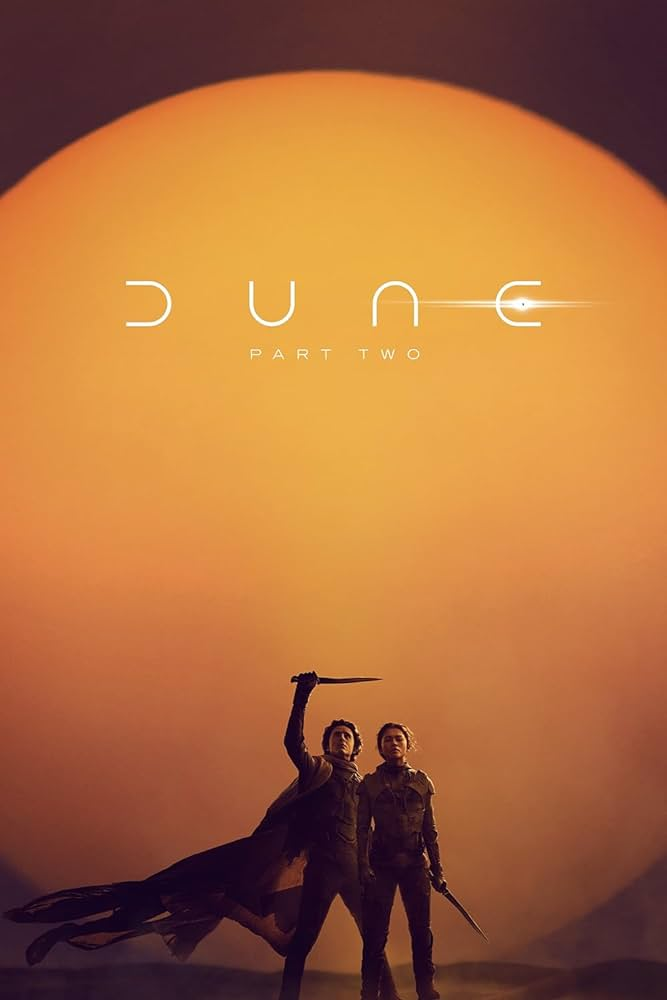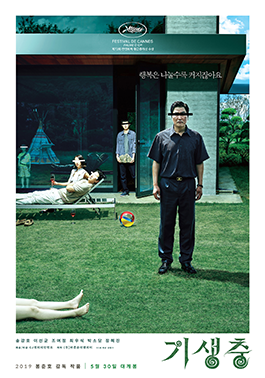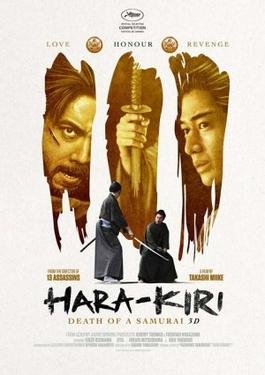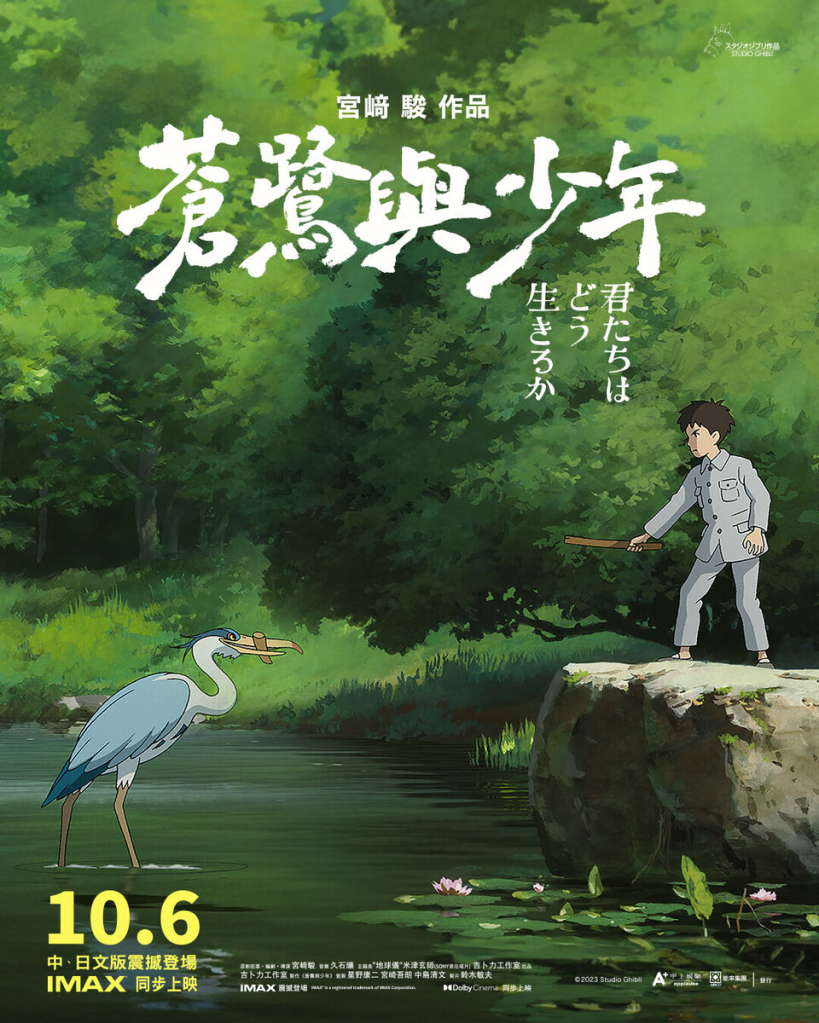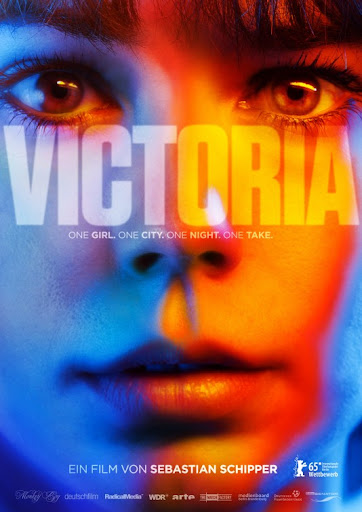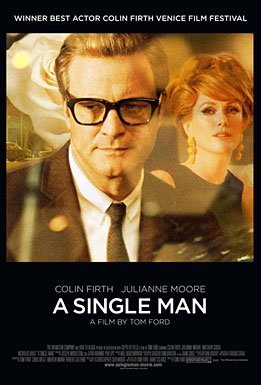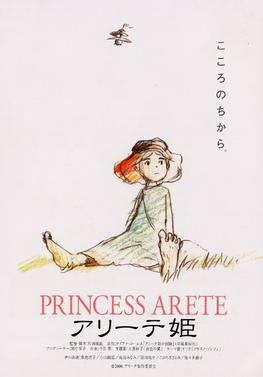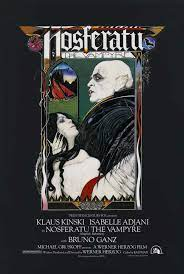After an absolutely stunning introduction to Frank Herbert’s science-fiction classic back in 2021, expectations for Denis Villeneuve’s follow-up were admittedly quite high. My interest in the Dune universe were piqued when the first film was still in production and I began learning more about what made this series so special in the worldwide geekdom canon. How could a film hope to capture the vast machinations of the Great Houses and the Empire? The deep and impossibly long histories and plans of the Bene Gesserit? The 2021 film seeded those pieces of lore in the background, but this year’s sequel finally brings them back around to serve them up to the audience. I can’t say for certain how clear they would have been to someone who didn’t do the reading beforehand, but I’m glad to see that Villeneuve did the homework and made sure the themes rang clear for everyone else who did the same. While obviously there is plenty that must be cut in the translation of adaptation, but the broad strokes of the story and struggle come through at a solid pace for modern audiences, with buckets of beautiful cinematography and mesmerizing sound design to really make it worth the price of admission. Easily one of the best sci-fi films since the first installment, a solid 8/10 for bringing this classic to a new generation of fans.
MAW2024.04.18 – Dune: Part Two (2024)
Posted: April 24, 2024 in Movie-A-Week 2024Tags: 2024, movie a week, usa
MAW2024.04.11 – Parasite (2019)
Posted: April 24, 2024 in Movie-A-Week 2024Tags: 2019, korea, movie a week
Parasite has been on my list of shame for five years now, so I was delighted to see it as the pick for the office movie night. Knowing very little about the plot, I expected some kind of bold diatribe about class warfare and pointing fingers at who the “real” parasites of society are. Suffice to say, I was completely taken by surprise as Bong Joon-ho took us through twist after twist, weaving the tale with layers upon layers of details and set-ups that will absolutely require subsequent viewings. The film defies genre and categorization, a beautiful masterpiece of storytelling that kept me on the edge of my seat with each turn. There is no villain aside from the crushing weight of late-stage capitalism, and there are absolutely no easy answers or explanations about the interpretations of the characters. The whole cast and crew deliver their A-game, easily putting this up there as one of Korea’s best films. 9/10 from me, go and watch it with as little foreknowledge as possible if you haven’t seen it yet.
MAW2024.03.14 – Hara-Kiri: Death of a Samurai (2011)
Posted: March 21, 2024 in Movie-A-Week 2024Tags: 2011, japan, movie a week
While I had watched Masaki Kobayashi’s original film a few years ago, my first encounter with this story came after watching Takashi Miike’s 13 Assassins in 2010, another historical samurai film re-make by the esteemed director. The trailer for Miike’s version of Hara-Kiri came out soon after, and although I was incredibly eager to watch it upon release, I somehow didn’t find the opportunity to view it the following year. I eventually ended up watching Kobayashi’s 1962 original version at a friend’s house, and renewed my resolve to watch Miike’s film.
There is definitely a strange sense of distance when watching another director tackle a story you’re already familiar with, and it was incredibly fun to see how Miike danced around certain plot points, or how he changed and subverted others. Mostly it feels much more explicit and less nuanced than the original, spelling things out much more clearly for modern audiences who may not be as familiar with samurai etiquette as their 1960s counterparts. There’s is also surprisingly less focus on the fights and action scenes in Miike’s version, quite a shock considering the bombastic finale of his re-make of 13 Assassins. The final fight scene in Hara-Kiri definitely still satisfies, but is far from the focus of the film. I do think that his ending scene is much stronger than the original’s, one of the few re-interpretations that leaves more up to subtext and implication than laying things bare for the viewer. Still, it’s always a joy to see Miike put in work, and I know I’ll always walk away from his films feeling rather changed by the events on screen. This one gets an 8/10 from me, definitely worth a watch even if it doesn’t quite measure up to the original.
MAW2024.02.29 – O Brother, Where Art Thou? (2000)
Posted: March 9, 2024 in Movie-A-Week 2024Tags: 2000, movie a week, usa
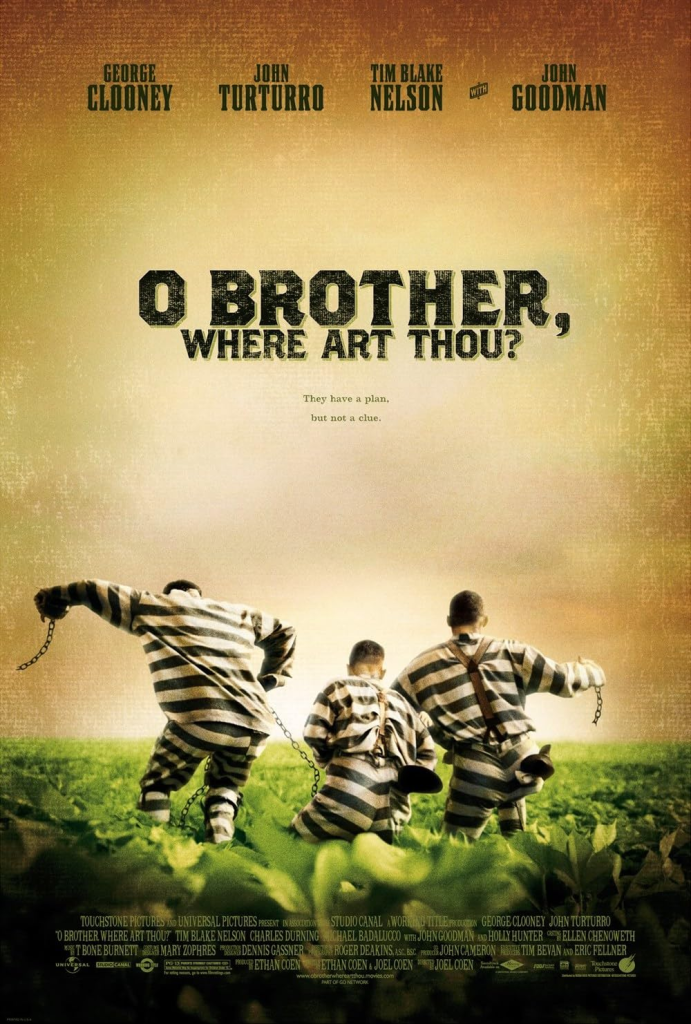
The pick for the office movie night was the Coen brothers classic, O Brother, Where Art Thou?, and I was happy to revisit the film. It’s remarkably refreshing to just see so many big names on this project doing their jobs well, and the movie feels just as resonant today as it did two decades ago. Of course, everyone is well aware of how incredible the soundtrack and musical performances are, but it’s still great to see them in the context of the story in its entirety, revealing little nods and references that are lost when just watching clips on Youtube or putting the songs into a playlist for work. Not much more to say about it than that, it’s a great film that holds up well and is still a great joy to watch, even after all this time. 8/10, easily one of my favorite Coen brother jams, will never turn down a viewing.
MAW2024.02.13 – The Boy and the Heron (2023)
Posted: February 24, 2024 in Movie-A-Week 2024Tags: 2024, japan, movie a week
The legendary Hayao Miyazaki returns from retirement once again to present The Boy and the Heron, a rather deeply personal and surreal film that hits all the high-notes Studio Ghibli is renowned for. It has easily some of the best animation from the studio to date, incorporating modern styles and techniques without compromising any of the charm or quality they’ve built their legacy on. Speaking of legacy, it becomes quite clear after sitting with the film for a while that this is a story Miyazaki truly felt compelled to tell. Part apology, part farewell, part encouragement for future generations; as a movie everything felt a bit phantasmagorical and rambling, like a trip down the rabbit hole into Wonderland. Our protagonist is pushed and prodded forward into the adventure whether he wants to or not, forced to simply marvel aghast at the bizarre beauty of it all until the story abruptly ends for both him and the audience. As a message, however, the film feels bittersweet, like a sincere acknowledgement of Miyazaki’s own regrets and failings. Whether or not he stays retired again for the umpteenth time, The Boy and the Heron heralds a remarkable comeback for the director, a stunning experience of the best traditional animation in recent memory, backed by another awe-inspiring score by his longtime collaborator Joe Hisaishi. Easily a 9/10 for anyone looking to be reminded of what our medium is capable of.
MAW2024.02.06 – Victoria (2015)
Posted: February 6, 2024 in Movie-A-Week 2024Tags: 2015, germany, movie a week
Notable for being shot all in one-take, Victoria would be better titled as “Bad Decisions: The Movie.” Due to budget and production constraints, the film is forced to play a little fast and loose with times and locations, but it mostly gets by fine. Aside from the serious concerns I had about the tactical decisions of the police officers in the movie, everything else feels like a fairly believable and intense dip into Berlin’s criminal element. Honestly, the most unrealistic thing was how the main character could make so many poor judgment calls in the span of two hours, but perhaps it’s meant to serve as a warning to what unchecked extroversion will lead to. I’m a bit torn as to whether to dock it points because of how frustrating the titular Victoria was, or to add points for a great job by Laia Costa in the role. I’ll leave it at a 7/10 for a fairly enjoyable ride overall, even if it was essentially just watching a slow motion train wreck over the entire runtime.
MAW2024.01.16 – A Single Man (2009)
Posted: February 6, 2024 in Movie-A-Week 2024Tags: 2009, movie a week, usa
The second Tom Ford movie I’ve watched in as many months, it’s about what I would expect from the fashion designers first foray into film directing. A lot of big visual swings that would probably work better in music videos, tied to a melodramatic reading of a melodramatic story. The twist ending is at least more interesting and enjoyable than the one he used in Nocturnal Animals. 6/10 for getting some fun performances out of Colin Firth and Julianne Moore, but otherwise it’s a pretty by-the-numbers plot that should be unsurprising to anyone who’s seen movies before.
MAW2024.01.14 – Princess Arete (2001)
Posted: January 14, 2024 in Movie-A-Week 2024Tags: 2001, japan, movie a week
A pretty charming little fairy tale by Studio 4C, dropped free on their Youtube channel earlier this month for a limited time. Beautiful animation craft on display, although the story really took its time getting around to things. There’s something to be said for the Japanese concept of “ma” (“space” or “breath”), but plot-wise it’s a bit difficult to keep investment in the characters after a certain point. Still, a very fun watch that I would love to see adapted again at some point with a bit more streamlining. 7/10, highly recommend it to anyone looking for some medieval meditations on the meaning of life.
MAW2024.01.06 – Nosferatu the Vampyre (1979)
Posted: January 6, 2024 in Movie-A-Week 2024Tags: 1979, germany, movie a week
After seeing so many of my friends flex their movie lists from 2023, I felt like it was finally time to start making a real effort in going through my list of shame. While I don’t think quantity is a good metric for studying film, I do believe that I can manage watching and studying at least one film every weekend. Obviously this isn’t for class credit or anything, so I’m giving myself permission to skip or double up at my own discretion; a movie-a-week is more like a guideline than anything else.
This particular film was a pretty rough start for this project, we’ll see if I can keep the momentum into the rest of the month after a movie like this. Werner Herzog writes, directs, and produces the 1979 re-interpretation of the Bram Stoker classic, and it is far from his best work. I truly struggled to understand who this film was made for and for what purpose. Awful performances that range from completely wooden to absurdly manic, incomprehensible character motivations, and a surrealist aesthetic that does absolutely nothing to improve on the source material.
I wish I knew what his intended audience for this story was, since those familiar with traditional vampire lore would find Klaus Kinski’s portrayal of Dracula to be cartoonish, and those who aren’t would be left confused. If we’re going in with the assumption that this is someone’s first vampire story, wouldn’t it be better to slowly unravel the mystery of the bites and Dracula’s nature up until the climax? And if we’re going in with the assumption that everyone should be versed in the tropes of this infamous monster, what is the point of playing coy with the mystery of the Count? The entire project feels like an excuse for Kinski to dress up in his Nosferatu costume and twirl his proverbial mustache at every opportunity.
The rest of the cast doesn’t do much better, to be honest. Although the stiff dialogue could certainly be a result of the English overdub, that doesn’t excuse the flat blocking or the ridiculous mannerisms the supporting characters almost all seem to have. I am reminded of a classic aphorism that good characters can save a bad film, but you cannot have a good film with bad characters.
Perhaps I expect too much from this style of film from its time in history. But I don’t believe that building relatable characters and emotional investment in stories is such a modern innovation that it couldn’t have been used here. This was one of the few instances of me just waiting for the credits to roll, slogging through the remaining runtime for this awful thing to be finally over. Maybe that’s the message in the medium that Herzog was trying to convey, the slow and interminable existence as a vampire, longing for a death that never seems to arrive until the first light of dawn. If that’s the case, then mission accomplished, I could absolutely welcome a stake through the heart at this point. 3/10 for this slogging mess, film snobs and gatekeepers will tell me I’m wrong.
Highlight Highlight: You Vs. Them
Posted: February 18, 2013 in highlight highlightTags: 2013, highlight, highlight highlight, martial arts, mixed martial arts, mma
Machinemen gives the internet another reminder of what makes mixed martial arts so great.
